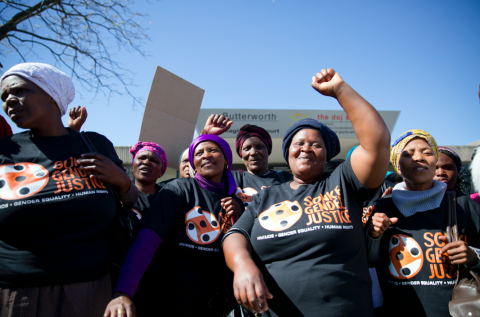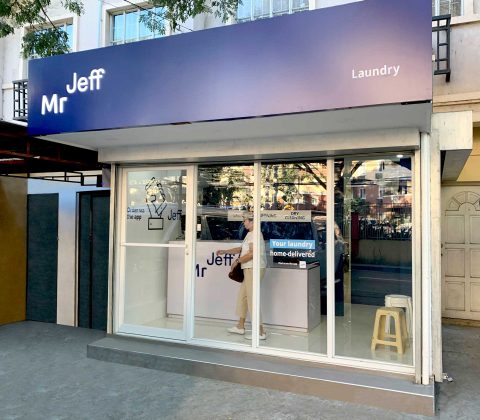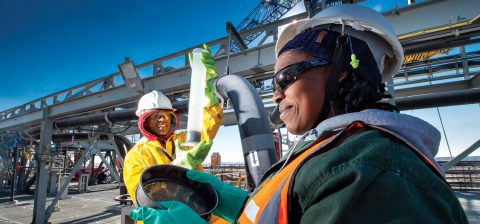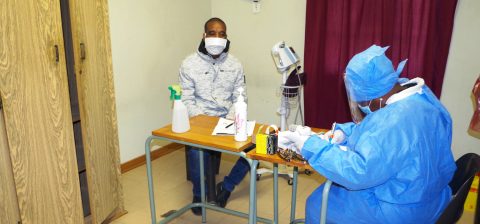SA Mining
Pandemic Pressure
By: Nelendhre Moodley
Coupled with the effects of the COVID-19 pandemic and Moody’s downgrade of South Africa’s credit rating to junk or sub-investment grade, mining companies looking to access finance in this climate are set for an uphill battle. SA Mining recently caught up with Moshe Capital’s CEO Mametja Moshe to chat about how these impacts will influence mining companies.
Paint a picture of the situation in terms of demand for mining-related project financing from small, medium and large enterprises and the availability of finance in South Africa and Africa.
African capital for financing mining projects is typically accessible from banks, developmental finance institutions, trade finance providers and equity investors. That said, most funding into African mining still comes from the international markets. As an example, in 2018, the total mining deals between multinational miners and African partners amounted $48-billion. Demand for capital from mining companies remains high, however 2020 will be a tough year for raising finance due to the global uncertainty posed by COVID-19. Funding by governments will be diverted towards critical sectors such as healthcare and country-level rescue packages, and foreign direct investment will drop as governments focus on investments inside their own territories. Investors will be wary of the lack of clarity and increased volatility in the markets, and choose to park their investible funds in safe havens such as the gold and bond markets due to falling metal prices and inventory pileup.
From a financier’s point of view, what advice would you give potential clients?
The mining industry will be adversely affected by COVID-19 in line with most of the global and local economies. The main impact of ability for mining companies to survive the COVID-19 pandemic will depend on, first, supply and demand dynamics of commodities, and second, access to cash and funding to survive during this period. On commodity prices, recovery of the various commodities will depend on the demand side mainly from the East and Europe as the largest consumers of South African commodities, namely gold, platinum group metals, chrome and coal which make up 38.6% of our commodities exports. As an example, in South Africa 83.7% of our PGM demand stems from Japan, the US, UK, Germany and Hong Kong. With the lower demand from European and Eastern markets in the lockdown periods across the globe, the industry has seen a decrease in the US dollar PGM basket price in 2020, which has however been improved in South African rand terms due to the depreciation of the rand. On the other hand when it comes to funding, the standard “toolbox” of funding mechanisms will not be accessible to all companies and it will depend on the commodities companies are producing, companies’ balance sheets and financial performance. Mining companies will need to be more innovative about how funding can be raised.
How do you foresee the impact of THE Moody’s downgrade on the economy and the mining sector in particular?
The Moody’s downgrade will affect the amount of foreign direct investment into the South African economy and the mining sector will also be affected. Potential international investors that are interested in the mining sector will look for investments in other mining geographies with stronger economies in order to avoid excess exposure to risk. South Africa does not land itself at the top of an investment destination due to the downgrade. For mining companies this is exacerbated by infrastructure issues on electricity, access to ports and rail as well as our rigid labour markets and the global markets’ perception of regulatory uncertainty regarding our Mining Charter 2018. As the Minerals Council South Africa stated, our credit rating downgrade will ultimately have a significant influence on investment in equities and the cost of borrowing, both of which will affect fixed investment in mining. As SA Inc, we need to firstly resolve our internal challenges noted above as well as communicate better with the international markets. Government should consider prioritising resolving the challenges in our state-owned entities – solutions could include partial or total privatisation. This model has been successful in some emerging markets such as Brazil and China. China’s success in privatisation was rooted in partnering local advisers with internationals. This ensures that global best practice is combined with an in-depth understanding of local considerations and that the requirements of all stakeholders are met. The balance of involvement of local players is critical as it allows us to create innovative, locally tailored solutions that promote inclusive prosperity.
Is Moshe Capital involved in funding initiatives for projects in the platinum and innovation and technology space? If so, what was the deciding factor for investing in these projects?
Moshe Capital is engaged in corporate finance work with KellTech South Africa – the developers of the Kell Process. The Kell Process is an innovative, next-generation hydrometallurgical process that provides the platinum group metals (PGM) sector with an alternative to the conventional smelting of concentrates. The Industrial Development Corporation has partnered with Sedibelo Platinum and the founders of the Kell Process (Lifezone Ltd) and is working towards financial closing on the first Kell Process plant. This will be on-site at Sedibelo’s Pilanesberg Platinum Mine and there are discussions under way with the Department of Trade and Industry to incorporate this into their new beneficiation-focused Bojanala Special Economic Zone. This Kell Process presents a low energy intensive, emissions-free process at a critical time for the PGM sector. As Moshe Capital we are supportive and embrace these new technological developments in the processing of PGMs. Ensuring that projects like the Kell Process are initiated will make the industry more competitive while also easing the heavy burden that traditional smelters put on Eskom.
As a black women-owned entity, what are some of the challenges that you have faced and have overcome?
Being a 100% black women-owned business, our advisory and investment businesses face the challenge of the perception that we are in a room because of being black and women rather than on merit. We constantly have to prove that we understand the mining industry although we have worked with the best-in-class blue chip mining companies and have a team of highly skilled and experienced individuals. With mining being a male-dominated industry, we thrive on the opportunity to bring diversity to the boardrooms. It is important to have diversity as it brings diverse thinking, better solutions and strategies for companies resulting in improved financial performance and returns.
What is Moshe Capital’s geographical footprint?
Moshe Capital is currently in South Africa and the United Kingdom. We also have a back office in India as well as strategic partnerships in China and the US.
Kindly outline your growth strategy over the next two years and indicate the areas of opportunity that you are targeting?
Our two-year plan is three-pronged. Firstly, we will continue to advise mining companies through our corporate finance business. Secondly, we are looking to acquire or partner with niche mining services and products companies, especially those with Fourth Industrial Revolution technologies that can be implemented in African mining companies, and in other mining hubs globally. Lastly, as a black women-owned company with mining experience, we have established a mining investment company through which we will invest in the commodities space. In line with our motto of Inclusive Prosperity, the ethos of our mining investment company is to ensure that we create value for all stakeholders, including communities and employees. Our vision is to ensure that, through our investments, we are able to improve people’s lives in the communities where we operate, while delivering great returns to our investors and stakeholders.







 Sign-up and receive the Business Media MAGS newsletter OR SA Mining newsletter straight to your inbox.
Sign-up and receive the Business Media MAGS newsletter OR SA Mining newsletter straight to your inbox.